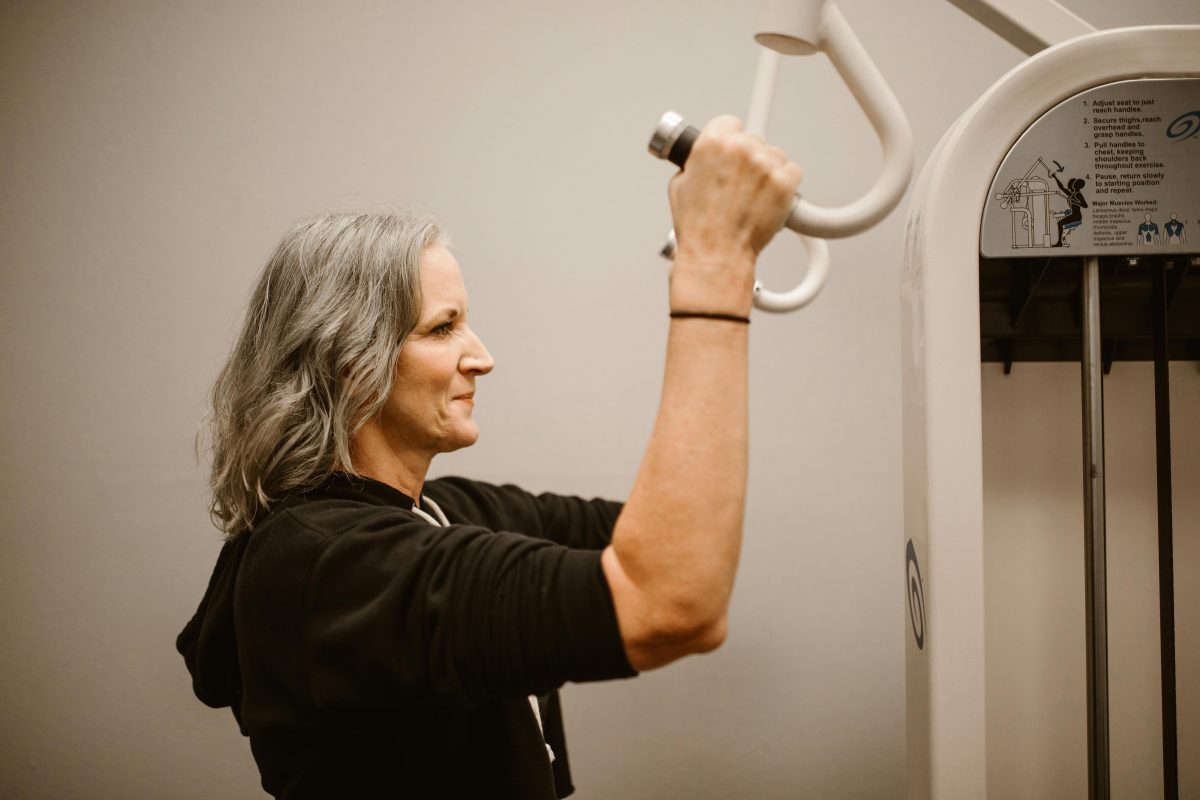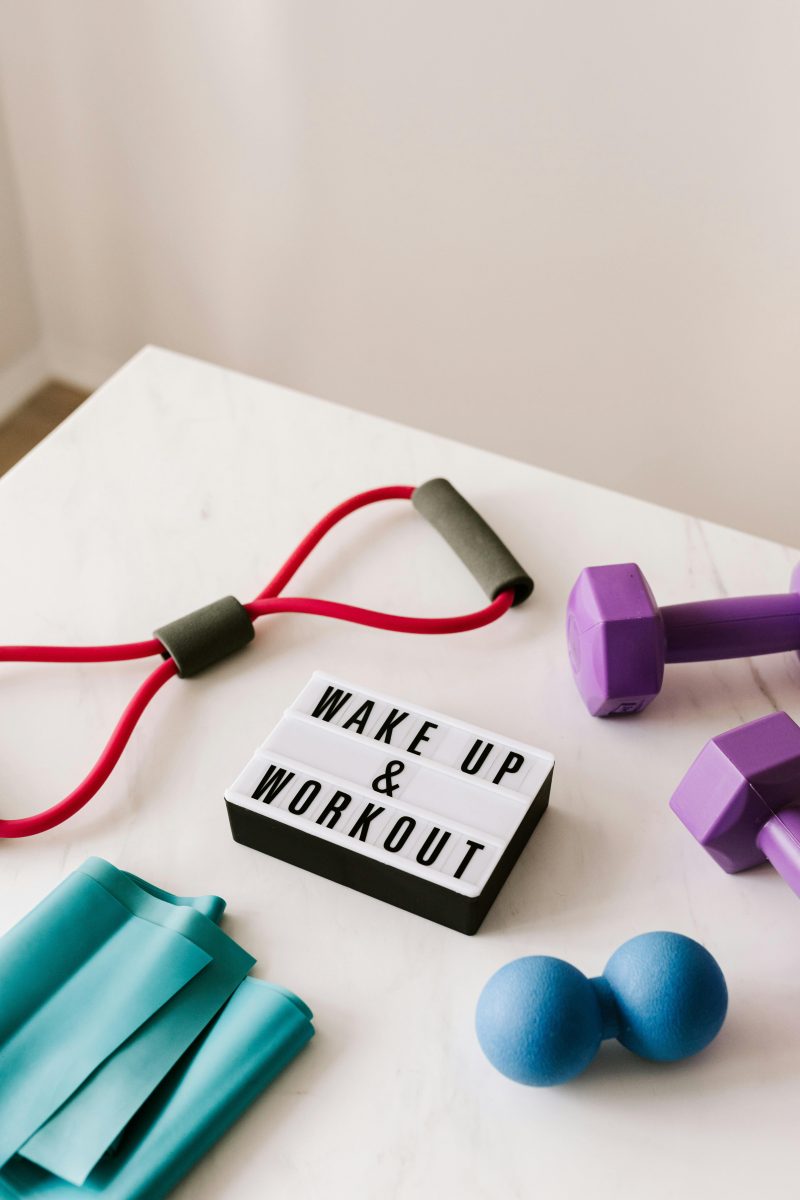Last Updated on: 14th July 2024, 09:28 am
Introduction to Balancing Fitness with Work and Family

Maintaining a healthy lifestyle amidst the whirlwind of work and family commitments is not just important; it’s essential. The vitality of integrating fitness into our daily routines cannot be overstated. It’s the bedrock of our physical and mental well-being, a shield against stress, and a beacon of energy in our often hectic lives. Yet, the path to this equilibrium is fraught with challenges, especially for working parents and professionals.
For those juggling careers and family, the quest for fitness often feels like an uphill battle. Time is a scarce commodity, and finding moments to exercise can seem like searching for water in a desert. The guilt of not spending enough time with family can also weigh heavily, making the idea of taking time out for oneself feel almost selfish. These challenges are real, but not insurmountable.
Understanding these hurdles is the first step towards overcoming them. With the right strategies, achieving a balance between fitness, work, and family is not just a possibility; it’s within reach. Let’s embark on this journey together, exploring practical tips and motivational insights to guide us along the way.
Setting Realistic Fitness Goals

Embarking on a fitness journey begins with a clear understanding of where you stand. Assessing your current fitness level and acknowledging the time you can realistically dedicate to exercise are crucial first steps. This self-awareness ensures that the goals you set are not just aspirational but achievable.
- Creating goals that are both achievable and measurable is the cornerstone of a successful fitness plan. Whether it’s aiming to run a certain distance, lift a specific weight, or simply dedicate a set number of hours to physical activity each week, having clear, quantifiable objectives keeps you focused and motivated. It’s about setting milestones that challenge you without setting you up for failure.
- Flexibility in goal setting cannot be overstated. Life’s unpredictable nature means that work demands, family responsibilities, and personal commitments can often collide with your fitness aspirations. Being adaptable, allowing for adjustments in your fitness routine, ensures that you stay on track without feeling overwhelmed. It’s about finding a balance that works for you, ensuring that fitness enhances your life rather than becoming another source of stress.
In the grand scheme of things, integrating fitness into a busy lifestyle is about making it a priority, but also being kind to yourself in the process. By setting realistic, flexible goals, you create a foundation for success, paving the way for a healthier, more balanced life.
Integrating Fitness into Daily Routines

Tips for Incorporating Physical Activity into Your Workday
- Transforming your workday into an opportunity for fitness begins with creativity. Consider standing or walking meetings to keep the body moving.
- Opt for the stairs over elevators. Even short, regular breaks for stretching or a brisk walk can invigorate the body and boost productivity. These small changes, woven into the fabric of your workday, can significantly contribute to your overall fitness without demanding extra time.
Family-Friendly Fitness Activities
- Engaging in physical activities as a family not only strengthens bonds but also sets a foundation for a healthy lifestyle. Weekend hikes, bike rides, or even playful competitions in the backyard encourage movement while making fitness fun. These activities allow for quality time, away from screens, fostering both physical and emotional well-being.
Making Use of Technology and Apps to Stay on Track
- In today’s digital age, technology is a powerful ally in maintaining fitness. Numerous apps offer guided workouts, track progress, and even provide nutritional advice, tailored to your goals. Wearable devices monitor activity levels, heart rate, and sleep patterns, offering insights that help fine-tune your fitness regimen. Embracing these tools can provide the motivation and accountability needed to stay committed to your fitness journey.
Integrating fitness into daily routines, amidst the hustle of work and family life, is a balancing act. Yet, with thoughtful strategies and the support of technology, it’s entirely achievable. These approaches not only enhance physical health but also improve mental well-being, proving that a commitment to fitness is a gift to yourself and those around you.
Time Management Strategies for Busy Parents and Professionals

Prioritizing Tasks and Delegating Responsibilities
- Mastering the art of prioritization is key. Start by identifying tasks that require your immediate attention and those that can wait. This clarity allows you to focus on what truly matters, reducing stress and enhancing productivity.
- Delegation is equally important. Sharing responsibilities, whether at home or work, not only lightens your load but also empowers others, fostering a supportive environment for everyone involved.
The Power of Routine: Establishing a Consistent Fitness Schedule
A consistent fitness schedule is your secret weapon. By carving out specific times for exercise, you transform it from a negotiable activity into a non-negotiable part of your day. Early mornings, lunch breaks, or evenings – the key is consistency. This routine becomes a cornerstone of your day, offering not just physical benefits but also a mental break, recharging you for the challenges ahead.
Finding Hidden Opportunities for Exercise
Opportunities for exercise are everywhere if you know where to look. Turn mundane tasks into fitness opportunities – bike to the store, take the stairs, or have a walking meeting. These moments add up, contributing significantly to your fitness goals. It’s about being creative and making the most of the time you have, ensuring that fitness fits seamlessly into your busy life.
Adopting these strategies not only enhances your physical health but also brings a sense of balance and fulfillment to your life. It’s about making smart choices, being consistent, and finding joy in the journey towards a healthier you.
Nutrition: Fueling Your Body for Success

At the heart of a balanced lifestyle lies nutrition, the cornerstone of both physical and mental performance. Recognizing the power of food as fuel is pivotal. It’s not just about what we eat, but how we plan and prepare our meals that sets the stage for success.
Planning and Preparing Healthy Meals in Advance
Advance meal preparation is a game-changer. Dedicating a few hours each week to plan and prepare meals can save precious time and reduce stress. It ensures that, despite a hectic schedule, you and your family have access to nutritious meals that support your fitness goals and busy lifestyle.
Quick and Nutritious Meal Ideas for Busy Families
Time is often tight, but that doesn’t mean nutrition has to suffer. Simple, wholesome meals like grilled chicken with steamed vegetables, whole-grain pasta with a robust tomato sauce, or quick stir-fries packed with lean protein and colorful veggies can be both satisfying and quick to prepare. Smoothies, packed with fruits, vegetables, and a protein source, offer a nutritious meal on the go.
The Importance of Hydration and Its Impact on Performance
Hydration is crucial, yet often overlooked. Water is essential for every cell in our body, impacting energy levels, cognitive function, and overall performance. Drinking enough water throughout the day, especially before, during, and after exercise, can significantly enhance your fitness outcomes and general well-being.
Embracing these nutritional strategies not only supports your fitness journey but also empowers you to handle the demands of work and family life with vigor. Nutrition, when approached with mindfulness and planning, becomes a powerful ally in your quest for a balanced, healthy lifestyle.
The Role of Rest and Recovery

Rest and recovery are not mere afterthoughts; they are the pillars that support a robust fitness regimen. Sleep, the unsung hero of health, plays a critical role in repairing muscles and consolidating memories, ensuring you’re ready to tackle the next day’s challenges. Quality sleep is the foundation upon which a resilient body and a sharp mind are built.
- Improving sleep quality starts with establishing a consistent bedtime routine. Dimming the lights, disconnecting from electronics, and engaging in calming activities like reading or meditation signal to your body that it’s time to wind down. A comfortable, dark, and cool environment is also conducive to restful sleep, inviting a night of deep slumber.
- Intense workouts are vital, but so are rest days and active recovery. These allow your body to heal and your mind to recharge. Incorporating activities like yoga, light walking, or swimming can keep you moving while still providing your body the respite it needs. It’s about listening to your body and understanding that sometimes, less is more.
Striking the right balance between pushing your limits and allowing time for recovery is essential. It’s a dance between exertion and relaxation, where each step forward is matched with a restful pause. Embrace the rhythm of this dance, and watch as your fitness, work, and family life begin to harmonize.
Building a Support System

The journey towards a balanced life, where fitness, work, and family coexist harmoniously, is significantly enhanced by a robust support system. A network of encouragement and accountability, whether from family, friends, or professionals, can be the difference between success and stagnation. The importance of this support cannot be overstated; it’s the backbone of sustained motivation and progress.
- Involving family in fitness goals brings a unique set of benefits. It transforms exercise from a solitary endeavor into a shared experience, fostering stronger bonds and creating lasting memories. Simple strategies, such as setting collective fitness challenges or scheduling regular family active outings, can make fitness a fun and integral part of family life. This not only supports your personal goals but also instills healthy habits in loved ones.
- However, the path to balance and wellness isn’t solely paved by personal effort and family involvement. Seeking professional guidance from fitness and nutrition experts can elevate your journey, providing tailored advice that aligns with your specific needs and goals. These experts bring a wealth of knowledge and experience, offering strategies that are both effective and sustainable. Whether it’s crafting a personalized workout plan, offering nutritional guidance, or simply providing a listening ear, their support is invaluable.
Ultimately, building a support system is about creating a foundation of encouragement, knowledge, and accountability. It’s a testament to the fact that the journey towards a balanced, healthy life is not a solo venture but a collective endeavor. With the right support, achieving harmony between fitness, work, and family is not just a dream; it’s a very achievable reality.
In Closing
Achieving balance is not just possible; it’s essential. This journey, while challenging, is rich with rewards and opportunities for growth. By setting realistic goals, integrating fitness into daily life, and embracing the support of family and technology, we navigate the path to a harmonious life. Let’s commit to this balanced pursuit, for ourselves and our loved ones, as we stride towards a healthier, more fulfilled existence.
Tips for Balancing Fitness with Work and Family FAQs
Absolutely, regular physical activity is a powerful stress reliever that can help manage work-related stress. Exercise releases endorphins, which are natural mood lifters, and can also serve as a form of meditation in motion, helping to clear and calm the mind. Engaging in physical activity, especially outdoors, can provide a necessary break from work and reduce stress levels.
Schedule your workouts as you would any important appointment, making them non-negotiable parts of your day. Early morning, lunch breaks, or after the kids are in bed are often the best times to fit in fitness without disrupting family or work responsibilities. Consistency and planning ahead can make these sessions an integral part of your routine.
Preparing meals in advance and choosing healthy, easy-to-prepare foods can help maintain a nutritious diet despite a hectic schedule. Investing a few hours each week in meal prep can save time in the long run and ensure you have healthy options readily available. Additionally, keeping healthy snacks at work and on the go can prevent unhealthy eating habits.
Setting realistic, specific goals and tracking your progress can significantly boost your motivation. Celebrating small achievements along the way can provide a sense of accomplishment and encourage you to stay on track. Additionally, varying your workouts can keep things interesting and prevent boredom.
Listening to your body and incorporating rest days into your fitness regimen is crucial for balance. Rest and recovery are essential for muscle repair, preventing burnout, and improving overall performance. Active recovery, such as light walking or yoga, can keep you moving gently without overtaxing your body.
Yes, involving your family in your fitness routine can make exercising more fun and feasible. Activities like biking, hiking, or playing sports together not only provide good workouts but also strengthen family bonds. This approach helps in instilling healthy habits in your children as well.
Utilizing fitness apps, keeping a workout journal, or setting measurable goals can help track your progress effectively. These tools can provide insights into your improvements, help adjust your fitness plan as needed, and keep you motivated. Regularly assessing your progress through these means can also help in recognizing and celebrating your achievements, no matter how small.
High-intensity interval training (HIIT) or circuit training are excellent for maximizing fitness benefits in minimal time. These workouts can be done in as little as 20-30 minutes and can be easily adapted to fit any fitness level and can be performed at home or in a gym. They are efficient because they keep your heart rate up and target multiple muscle groups.
Incorporating standing desks, taking short walking breaks, or having walking meetings are effective ways to stay active during the workday. These practices can reduce the health risks associated with prolonged sitting and can also boost productivity and creativity. Setting reminders to move or using apps that encourage physical activity can also help in making movement a regular part of your workday.
Yes, even 10 minutes of exercise a day can make a significant difference in your health and well-being. Short bouts of physical activity can improve mood, enhance focus, and increase energy levels, making them a worthwhile addition to your daily routine. Consistently fitting in these brief sessions can also build a foundation for a more extensive fitness routine over time.
Orlando is a all round athlete from Australia, now resident in Germany. His sports of passion of American Football(Offensive line), weight training and indoor rock climbing where he uses his 195cm wing span to his advantage.



